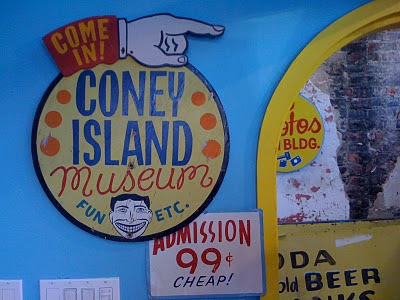
I walked from Santa Monica to the Pico Landmark to see Invictus today. Even though it took 2 hours, it's not all that noble a feat. I only had to leave the house because Andrea's cleaning lady came, something that has resulted in my every-other-Tuesday morning movie ritual. All the way there I was thinking about how this movie would probably piss me off, because it seemed to be yet another movie about South Africa centered on a white protagonist. I was pleasantly surprised that it was actually about Mandela (Morgan Freeman), albeit with white rugby captain François Pienaar (Matt Damon) as his pawn. Invictus is a thin take on Mandela, but it was excellently acted, a satisfyingly sympathetic and tear-jerky portrayal of the great leader's enormous humility. The connectedness between Pienaar and Mandela is appropriately that of the former deriving fundamental inspiration from what the later has overcome. According to the Mandela mythology perpetuated here, Mandela sustained himself during the 18 years when he was prisoner at Robben Island with the words of Victorian poet William Ernest Henley: "You are the captain of your soul, master of your destiny." When he shares with Pienaar the poem and his personal history with it, the team captain is justifiably and reasonably inspired and moved.
The rugby plot that drives this story seems a stretch, but it works with the politics for what this film is. After all, as Mandela points out, sport is a social equalizer, a popular and most basic form of politics. In this film there is much focus on surroundings, details of set-up leading up to the game, and social make up, rather than the actual rugby match. This is a smart move on the part of the filmmakers, for Americans at least know little about rugby, and it's doubtful it would hold their interest were this more of a sports movie. We see people watching the climactic match with New Zealand’s All Blacks (a reference to their black shirt uniforms) in homes and bars, white and black and mixed groups, in townships and in gated white communities, within the stadium and outside of it. The mingling and unbridled excitement post-game reminded me of the energy on the street in DC when Obama was elected president. The legacy of slavery in the US all too closely resembles that of apartheid’s legacy in South Africa, even though almost 150 years separates those events. I appreciated the roles of black South Africans brought to the foreground in this film and the way it highlighted and exposed this legacy, not least in terms of class differences, in much the way slavery in the US can be seen today. We see this repeatedly in the positioning of blacks as domestics in the homes of whites, cleaning the field before the game, a young boy from a township who lurks about a cop car trying to listen in on the score. The audience is asked to consider South Africa as only the latest in a long line of former colonizers and enslaving oppressor countries. For example, when the New Zealand team dances its Maori war chant at the beginning of the game, the whole team relishes in raw Kiwi pride, although there are far more white faces than Maori on the team. This is juxtaposed with the almost exclusively white South African team's initial refusal to learn the new national anthem, Nkosi Sikkeleli Africa, the haunting and inspiring former ANC anthem that pleads, "God Bless Africa."
Last week over breakfast I was arguing with my cousin about Avatar. He said, "You sure took a lot of baggage into that film," and I had to admit that he was absolutely right. It seems that that is just the point, we all take all of our baggage into each film we see, and that's what makes a film relatable or not, great or not. It's this power that film has that makes it the greatest contemporary art form, and this is why film is exciting to me at all. That’s why I think I loved Invictus. It was an ode to Mandela, someone I have a huge emotional nostalgic connection to and great admiration for. One of the greatest memories of my life is that of waking up on February 11, 1990 and listening to the radio in my German host family’s kitchen, crying tears of joy at the news of Mandela’s release. These are the moments we take to the movies.
The black and white hand placed together on the trophy cup at the end of Invictus was a bit much. But that's when I suddenly remembered that this was a Clint Eastwood film...


























